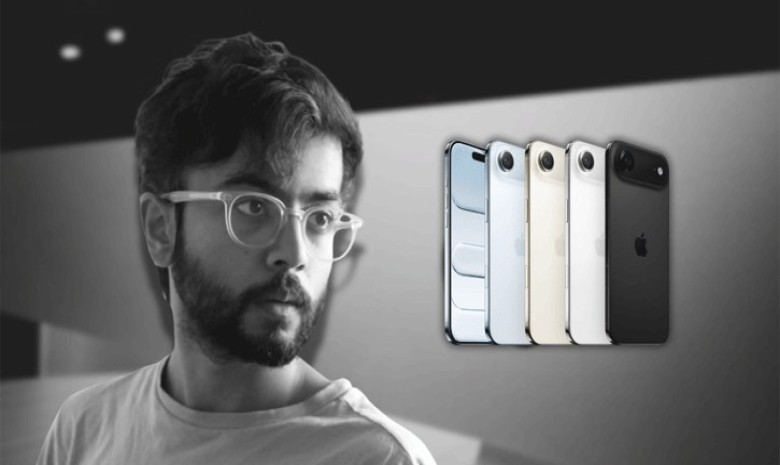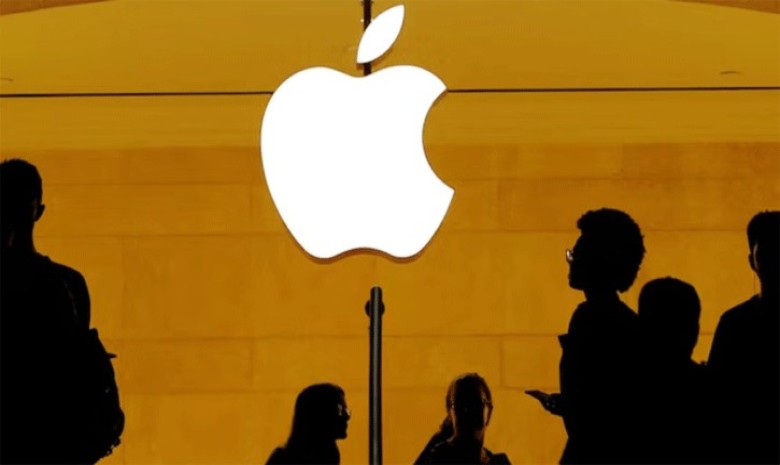Samsung Electronics on Tuesday revealed its thinnest flagship smartphone ever, the Galaxy S25 Edge. The company is launching this new phone, which includes improved artificial intelligence (AI) features, to gain an edge over its main competitor, Apple, in the high-end mobile market, according to Reuters.
The launch of the S25 Edge is designed to attract buyers, especially younger adults in their 20s and 30s, who are looking for phones that are easier to carry. Samsung stated that customer feedback clearly showed a desire for a slimmer phone that doesn’t lose performance. To make the phone so thin, Samsung changed the design of internal parts like the circuit board.
Market analysts see this launch as a strategic move to get ahead of Apple. Apple is expected to release a thinner version of the iPhone later this year. Ryu Young-ho, a senior analyst at NH Investment & Securities, commented that by releasing the S25 Edge a few months earlier, Samsung could influence Apple’s sales and attract customers who want a thinner phone.
The Galaxy S25 Edge will be available for purchase in South Korea on May 23 and in the United States on May 30. Samsung plans to release it in around 30 countries, including China and countries in Europe.
The phone starts at $1,099. It features a 6.7-inch screen and is remarkably thin at just 5.8 millimeters. It also comes with Samsung’s newest AI features, including ‘multimodal AI’ that lets users interact using both voice and the camera in real-time to ask questions.
Samsung did not say where the new model is being produced. At the launch, the company addressed potential worries about the thin design affecting performance or causing the phone to overheat. Samsung Executive Vice President Moon Sung-hoon stated they engineered a thinner cooling system (‘vapor chamber’) and are confident the S25 Edge will work well without overheating issues.
According to data from Counterpoint Research cited in the report, Samsung was the top smartphone seller globally in the first three months of 2025, holding 20% of the market, just slightly ahead of Apple’s 19%. However, Samsung mentioned last month that sales in the current quarter could be impacted if trade tariffs reduce customer demand.
Total views: 972



























